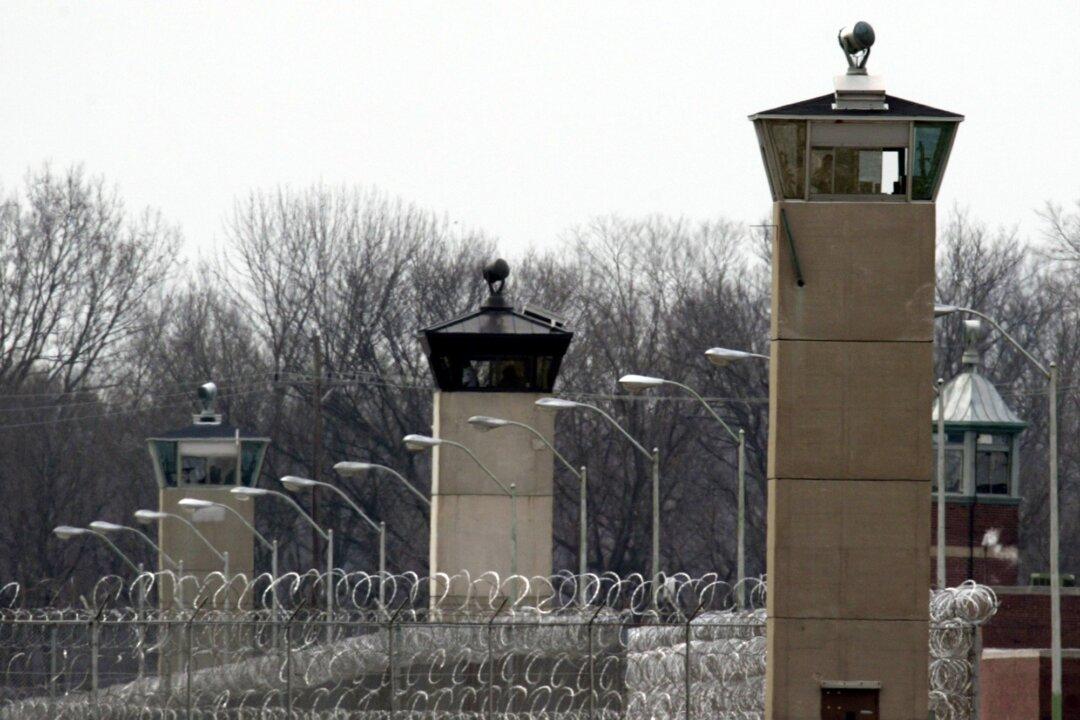A federal judge ordered a new delay on federal executions, just hours before the first lethal injection was scheduled to be carried out in a federal prison in Indiana.
The move prompted the Trump administration to immediately appeal the decision.

A federal judge ordered a new delay on federal executions, just hours before the first lethal injection was scheduled to be carried out in a federal prison in Indiana.
The move prompted the Trump administration to immediately appeal the decision.